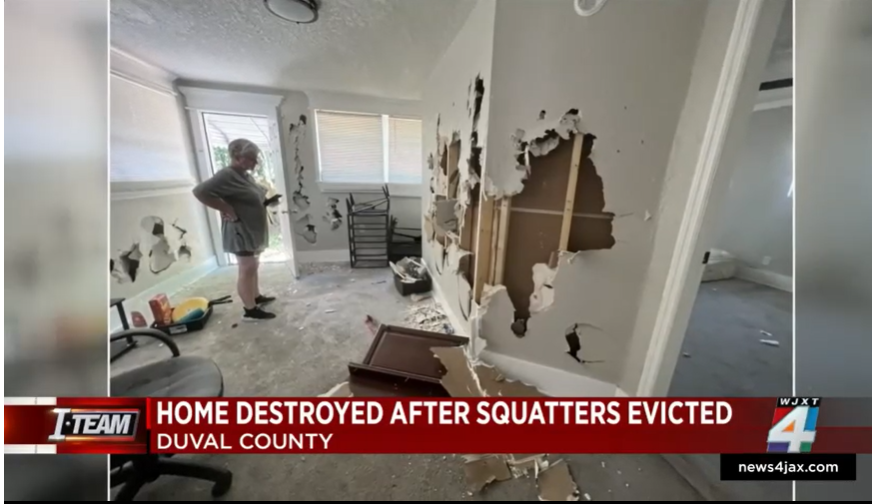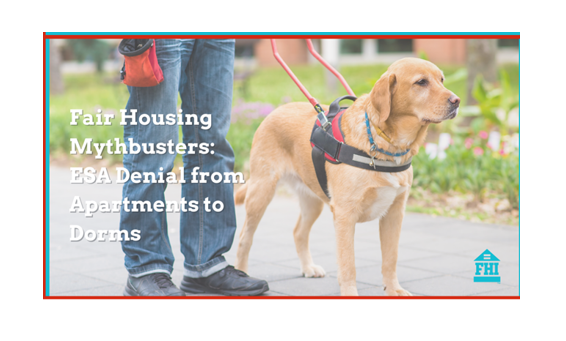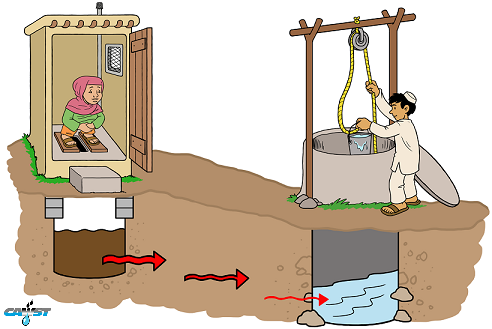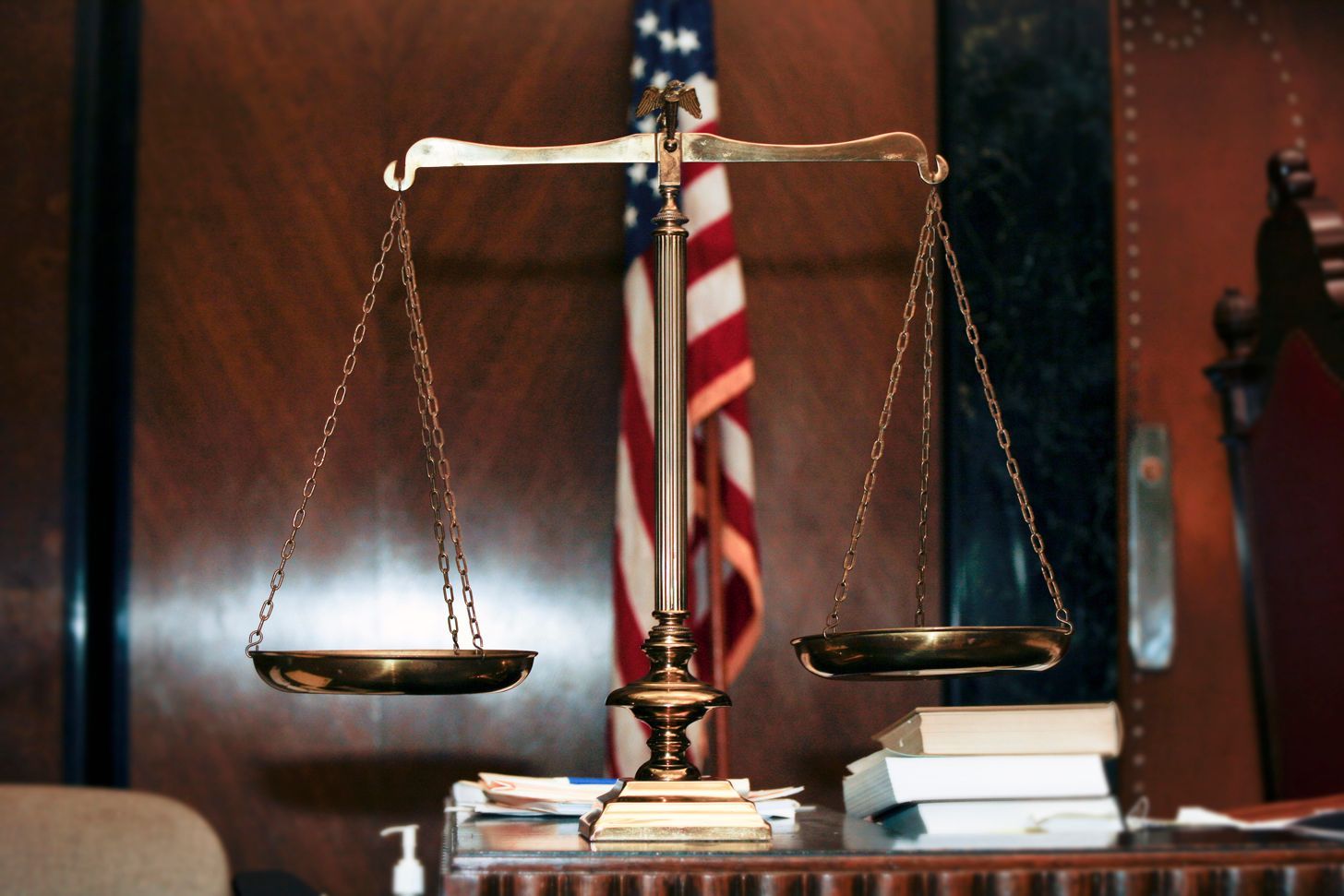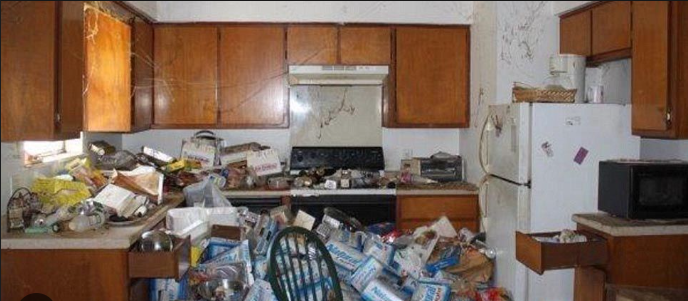
Security Deposits
What Are The Rules?
In Florida, the rules governing security deposits for residential leases are primarily found in the Florida Statutes, specifically Chapter 83, Part II. Here are some of the key points:
Handling of Security Deposits
- Deposit Location and Notice:
- Landlords must inform tenants in writing within 30 days of receiving the security deposit about where and how the deposit is being held (e.g., in a separate account, in an interest-bearing account, or in a non-interest-bearing account). This is usually done within the lease.
- The landlord can not commingle Security Deposits (or Advanced Rent) with any other funds of the landlord;
- Types of Accounts:
- Non-Interest-Bearing Account: The deposit can be held in a separate non-interest-bearing account in a Florida banking institution.
- Interest-Bearing Account: The deposit can be held in an interest-bearing account in a Florida banking institution, with the tenant receiving interest.
- Surety Bond: The landlord can post a surety bond with the county clerk where the rental property is located.
- Interest on Deposits:
- If held in an interest-bearing account, the tenant must be paid at least 75% of the annualized average interest rate or 5% per year, whichever the landlord chooses.
Return of Security Deposits
- Time Frame for Return:
- The landlord must return the security deposit within 15 days after the tenant vacates the premises if there are no deductions.
- If there are deductions for damages, unpaid rent, or other reasons, the landlord has 30 days to provide the tenant with written notice of the intention to impose a claim on the deposit. Click Here For The Form
- Written Notice:
- The written notice must be sent by certified mail to the tenant’s last known address and must detail the amount of the deposit to be withheld and the reason(s) for the claim.
- Tenant’s Response:
- The tenant has 15 days to object in writing to the landlord’s claim. If the tenant does not respond, the landlord can deduct the stated amount and return any remaining balance to the tenant within 30 days after the initial notice period.
Disputes and Legal Action
- If there is a dispute over the security deposit, either party can seek resolution through the courts. The prevailing party in such a dispute may be entitled to recover court costs and attorney’s fees.
Additional Considerations
- Move-In/Move-Out Inspections: While not required by law, it is advisable for both landlords and tenants to conduct a move-in and move-out inspection and document the condition of the property to avoid disputes over the security deposit.
- Itemized List of Damages: It is good practice for landlords to provide an itemized list of any damages and repairs deducted from the security deposit.



